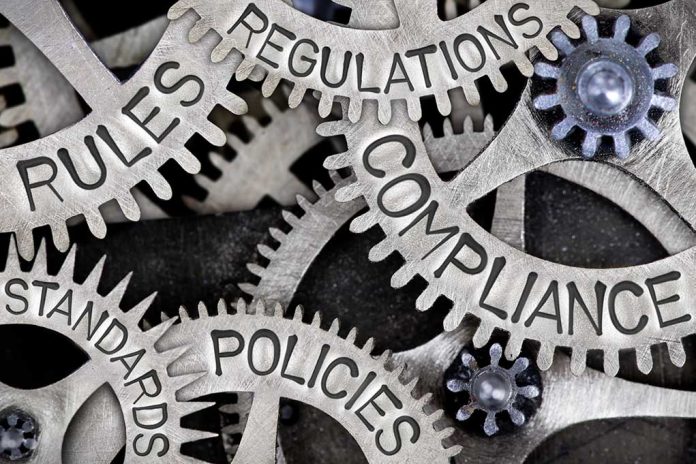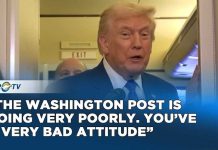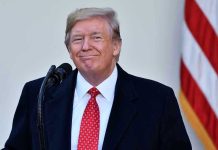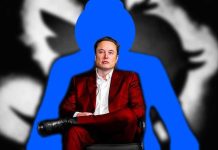
Tech titans Jack Dorsey and Elon Musk have sparked intense debate by calling for the complete elimination of intellectual property laws, raising concerns about the future of creator compensation while highlighting potential innovation benefits.
Key Takeaways
- Former Twitter CEO Jack Dorsey called to “delete all IP law,” with Elon Musk expressing agreement, claiming current systems stifle innovation.
- Critics argue abolishing IP laws would allow tech companies to exploit creators’ work without compensation and destabilize patent-dependent industries like pharmaceuticals.
- The debate intensifies amid ongoing lawsuits against AI companies for alleged copyright violations in training their models.
- Musk has demonstrated contradictory positions on IP, once stating “patents are for the weak” while utilizing patents to protect Tesla innovations.
- Experts suggest reform rather than abolition, emphasizing balanced approaches that protect creators while promoting innovation.
Tech Moguls Challenge Intellectual Property System
Jack Dorsey ignited controversy with his succinct but provocative statement calling to “delete all IP law,” a sentiment quickly endorsed by Elon Musk who simply replied, “I agree.” This exchange between two influential tech leaders has triggered widespread discussion about the future of intellectual property protection in America. Dorsey elaborated on his position, arguing that current systems place payment control in the hands of gatekeepers who distribute funds unfairly while limiting creativity that “currently separates us” from artificial intelligence.
The timing of these statements is particularly notable as they come during President Trump’s administration, which has been working to reshape America’s technology and business landscape. With Musk maintaining influence in Trump’s circle, these comments have raised questions about potential policy implications. The controversy emerges amid numerous lawsuits targeting AI companies accused of copyright violations when training their models on protected creative works without proper authorization or compensation.
— Crypto Briefing (@Crypto_Briefing) April 12, 2025
Arguments For and Against IP Abolition
Proponents of eliminating intellectual property protections, including Dorsey and Musk, contend that current laws create artificial scarcity and monopolistic control while impeding innovation. They suggest these regulations primarily benefit entrenched corporate interests rather than individual creators. Critics of the current IP system point to its complexity and frequent exploitation by large corporations with extensive legal resources, arguing that outdated frameworks fail to serve their intended purpose in the digital age.
On the opposing side, creative industry leaders warn that removing IP protections would enable large technology companies to exploit original works without compensating creators. Critics also emphasize that patents and copyrights provide essential protection for small businesses and individual innovators against larger enterprises that might otherwise appropriate their work. Industries heavily dependent on patents, such as pharmaceuticals and advanced manufacturing, could face significant economic disruption if IP laws were substantively weakened or eliminated.
Implications for AI and Creative Industries
The debate surrounding intellectual property has gained urgency with the rapid advancement of artificial intelligence technologies. Many AI systems are trained on massive datasets that include copyrighted materials, raising questions about fair use and appropriate compensation for original creators. Legal experts note that the scope of “all IP law” is exceptionally broad, potentially encompassing patent, copyright, trademark, trade secrecy laws, and rights of publicity—each serving distinct protective functions in different sectors.
Musk’s position appears somewhat contradictory given his history with patents. While he has criticized the patent system, Tesla has secured numerous patents for its innovations. In 2014, Musk announced that Tesla would release its patents to promote electric vehicle development, yet the company has continued to file for new patents. This apparent inconsistency highlights the complex relationship even tech innovators maintain with intellectual property systems they publicly criticize.
Finding Balance in IP Reform
Rather than complete abolition, many experts advocate for thoughtful reforms that preserve incentives for creators while reducing barriers to innovation. They suggest modernizing IP laws to accommodate technological changes while maintaining fundamental protections. Intellectual property rights can provide crucial leverage for individuals and small enterprises against more powerful entities, serving as equalizing mechanisms rather than purely restrictive ones.
The debate reflects deeper tensions between decentralization advocates who value open innovation and traditional legal systems designed to protect individual rights. As policymakers consider potential reforms, they face the challenge of balancing creator compensation with technological progress. With President Trump’s administration focused on American innovation and competitiveness, the controversy surrounding IP law reform represents a significant policy discussion with far-reaching implications for creators, businesses, and consumers alike.
Sources:
- Jack Dorsey, Elon Musk spark debate over IP law
- Jack Dorsey and Elon Musk would like to ‘delete all IP law’ | TechCrunch
- Jack Dorsey Says We Should ‘Delete All IP Law,’ Elon Musk Agrees














